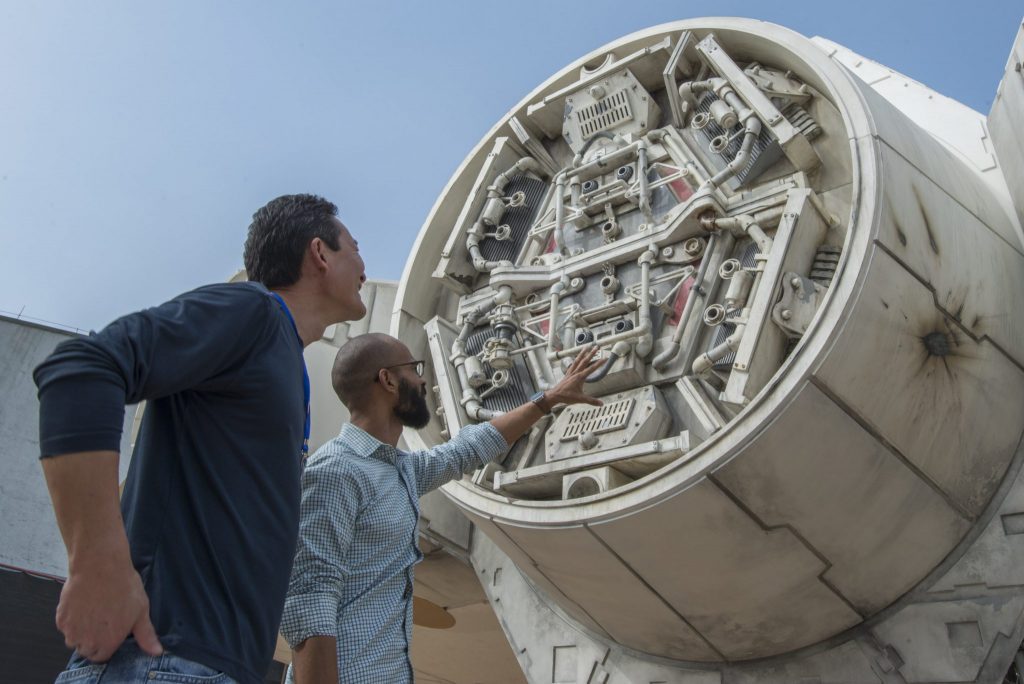Disney Doesn't Plan to Spend a Fortune Promoting New Star Wars Attractions

Skift Take
Disney's CEO seems to expect the company's upcoming Star Wars lands to basically sell themselves. He's probably right, but we still expect to hear plenty about Galaxy's Edge in the coming months.
Disney has been talking about its upcoming Star Wars lands in California and Florida for years now. But when the time comes to actually pay to get the word out, the entertainment giant doesn't expect to break the bank.
"On the marketing expense side, don't expect much," CEO Bob Iger told analysts Tuesday during an earnings call. "I'm thinking that maybe I should just tweet, 'It's opening,' and that will be enough."
Iger said he expects both lands — officially called Star Wars: Galaxy's Edge — to be "incredibly popular and in-demand." Both will cover 14 acres; executives have called them the "largest single themed land expansion in our history." The first opens at Disney
